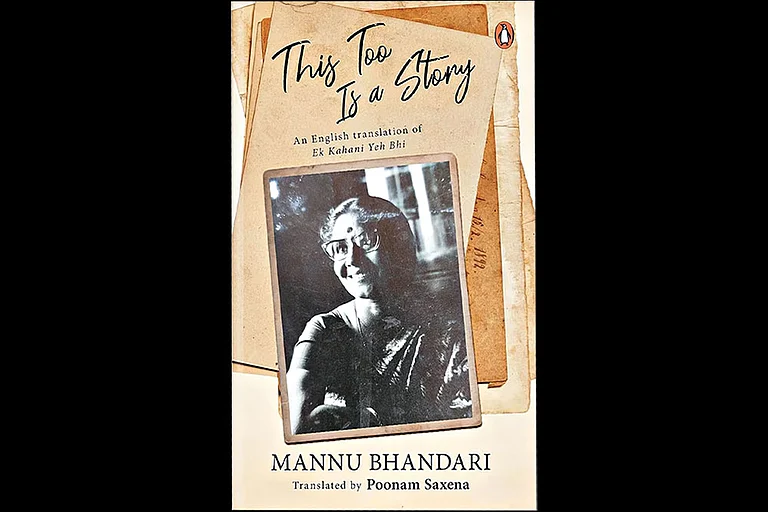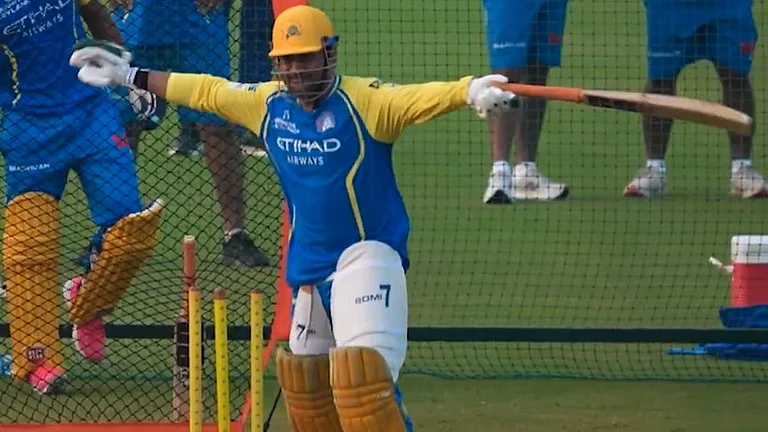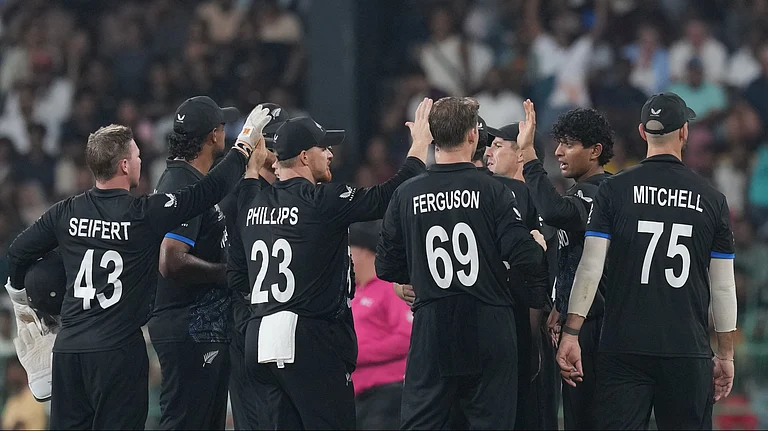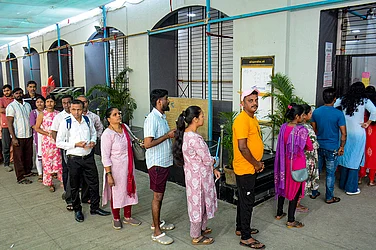Truth is an offence, but not a sin
—Bob Marley
I voted when I was 17. It was an illegal vote. I have not cast my vote ever since but, unsurprisingly, someone has always cast his vote using my identity, despite my absence from my home state, without my consent. Welcome to Nagaland, where elections are played out on communal, village, clan and tribal lines, often blurring the definition of what democratic practice looks like. Where the clan, tribe, elders, self-appointed community leaders/organisations—all claim to be ‘the voice’ of the people and community.
Nagaland goes to the polls on February 27, 2023. The genesis of Naga’s people’s aspirations, the Indo-Naga saga for a solution has taken a beating yet again as the Centre and state continuously excuse themselves. Burdened by the demand for a ‘Frontier Nagaland’ by the Eastern Nagaland People’s Organisation (ENPO), backed by 20 MLAs who also represent the different parts of the eastern Naga region, it will act as a deadweight on the incumbent state government. With bad roads, a beaten down educational system, over-staffed government machinery, rising unemployment among the educated and the unmet everyday needs of the common people—roads, bridges, access to regular clean water, public transport and health services—and a cry for a system of checks and balances, Nagaland looks like the Wild West from the outside, except these are the realities that the people live everyday. These issues are not even on any election manifesto; it is as if the many parties and candidates do not believe in the realities that surround them.
As the Centre grapples with the Modi question and the Hindenburg report making Adani run for cover, Nagaland made global headlines when the Indian Army killed civilians in Oting on December 4, 2021. The state has yet to see justice delivered or the perpetrators questioned. What later happened was a mass call for justice, followed by a politically elected woman MP from the region and a demand for ‘Frontier Nagaland,’ slicing it from the existing state of Nagaland. Prior to all this were the constant talks and representations by multiple groups claiming the right to represent the voice of the Naga people on the seven-decade old ‘Naga question’. And like every season and festivity across Naga-inhabited areas, after a mass rally of organised feasts, jubilees, conferences, vibrant dances and revivals, the dust settles and the cycle continues year round. The current and upcoming generations look at all this and might say that there is nothing left to be seen, except to dress up again, repeat the routine and not expect a different result.
History stands testament to its ruins. We are bound to repeat its blunders unless we learn from them. Jared Diamond in his book Collapse: How Societies Choose to Fail or Succeed, explains why some societies are doomed to fail and how the willfully blind participation of the masses in the fall of many a civilisation, society and nation. I failed to understand the crisis of that illegal vote at 17,when I sold my vote for Rs 350. Did I sell my rights for 5 years for Rs 350? Today, I hear and have seen friends and people selling their votes for Rs 3,000-10,000 or more. Is selling your future worth Rs 10,000? The unsolved Indo-Naga conflict, with all its sacrifices, bloodshed, violence, inter-ethnic and inter-clan killings, political divisions and counter-divisions remind me of the saying: “The cure is worse than the disease”.
Yes, we have differences. In larger Naga society, a word of respect in one Naga context is a swear word in another. Does that mean we start taking heads over our differences? Who does not have differences, conflicts or conflict of self-interest? Can we not sit together and talk to each other rather than talking about each other? I once attended a global conference where the theme was ‘Celebrating Differences, Melting Divisions’ where a prominent Naga remarked in private, “We (Nagas) are experts at breaking trust and making divisions.”
On the question of two Nagalands, I, too, am a concerned Naga who believes in our greater aspiration as one people. The question I want to ask my fellow Nagas from the eastern region is: what are your 20 MLAs doing in Kohima and Dimapur if they are so concerned with developments not happening? Let’s ask how many crores have been received and were utilised by each minister for so-called ‘development’ in the eastern region for decades. Can we have a clean account showing how the amount utilised and where and how it was spent? Or is that too much to ask? The same question goes for the other districts within Nagaland, which have not had plyable roads for decades or basic infrastructure. Or are we so willingly blind to the problem facing us that we slide past it? Let all roads not lead to Rome, for we all know that even Rome was not built in a day. What difference can we make today, so as to make a better tomorrow? Must we only hope that Gramsci was right when he said, ‘The old is dying, and the new cannot be born? Now is indeed the time of morbid ‘symptoms.’’
(This appeared in the print edition as "MORBID SYMPTOMS in Nagaland")
(Views expressed are personal)
Riathung Ngullie The writer is a social work student at Loyola college, Chennai






















